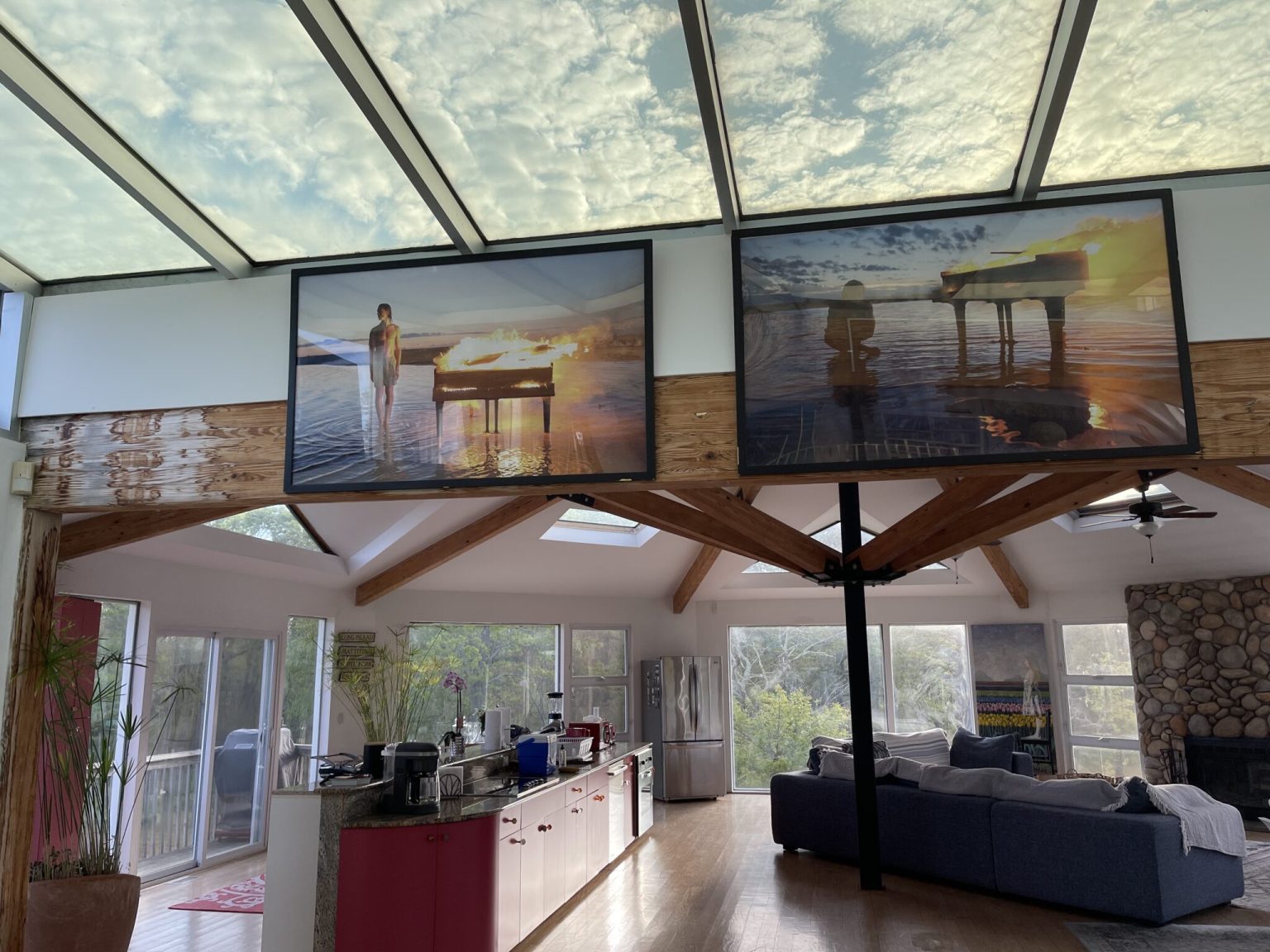During the pandemic, Airbnb experienced increased demand for long-term stays of 28 days or longer, as well as reservations in non-urban areas. These two areas of business have remained strong even as other aspects of the company have normalized. Long-term stays have continued to grow at a significant rate, even doubling in size compared to pre-pandemic levels. Despite predictions that this segment would decline as people returned to work, it has remained a significant portion of Airbnb’s business.
In the first quarter of 2021, long-term stays were the fastest-growing category of trip-lengths for Airbnb. This growth, particularly in North America, has caused a slowdown in the company’s overall growth compared to other regions. However, long-term stays provide a more practical and cost-effective option for extended stays compared to hotels. Airbnb has been emphasizing the affordability of their one-bedroom listings compared to traditional hotels, making them a preferred option for customers looking for longer stays.
While hotel companies are investing in extended stay options, Airbnb remains a popular choice for those seeking temporary accommodation for weeks or months. The flexibility of remote work has also contributed to the ongoing demand for non-urban travel, with many employees opting to work remotely while staying in Airbnb listings outside of crowded urban areas. This trend has been supported by Airbnb’s presence in a diverse range of markets and its unique offerings compared to traditional lodging options.
The strength of non-urban travel has continued at a higher level than urban stays, indicating a lasting preference for more secluded and nature-focused destinations among travelers. Airbnb’s ability to offer a wide range of listings in different locations has contributed to the popularity of non-urban stays, as customers seek out unique and personalized experiences. Remote work has also played a role in this trend, allowing individuals to work from anywhere while taking advantage of Airbnb’s diverse portfolio of properties.
Airbnb’s Chief Financial Officer, Ellie Mertz, highlighted the ongoing importance of long-term stays and non-urban travel to the company’s overall business strategy. Despite initial predictions that these segments would decline post-pandemic, they have remained strong and continue to be significant drivers of growth for Airbnb. The company’s focus on providing affordable and practical accommodation options for extended stays has resonated with customers, particularly in North America where long-term stays are most popular.
As the travel industry adapts to changing consumer preferences and work patterns, Airbnb has positioned itself as a leader in providing flexible accommodation options for longer stays and non-urban travel. By offering a diverse range of listings in various locations and emphasizing the affordability and convenience of long-term stays, Airbnb has maintained its appeal to customers seeking extended accommodation. The ongoing strength of long-term stays and non-urban travel further solidifies Airbnb’s position as a key player in the evolving travel landscape post-pandemic.


